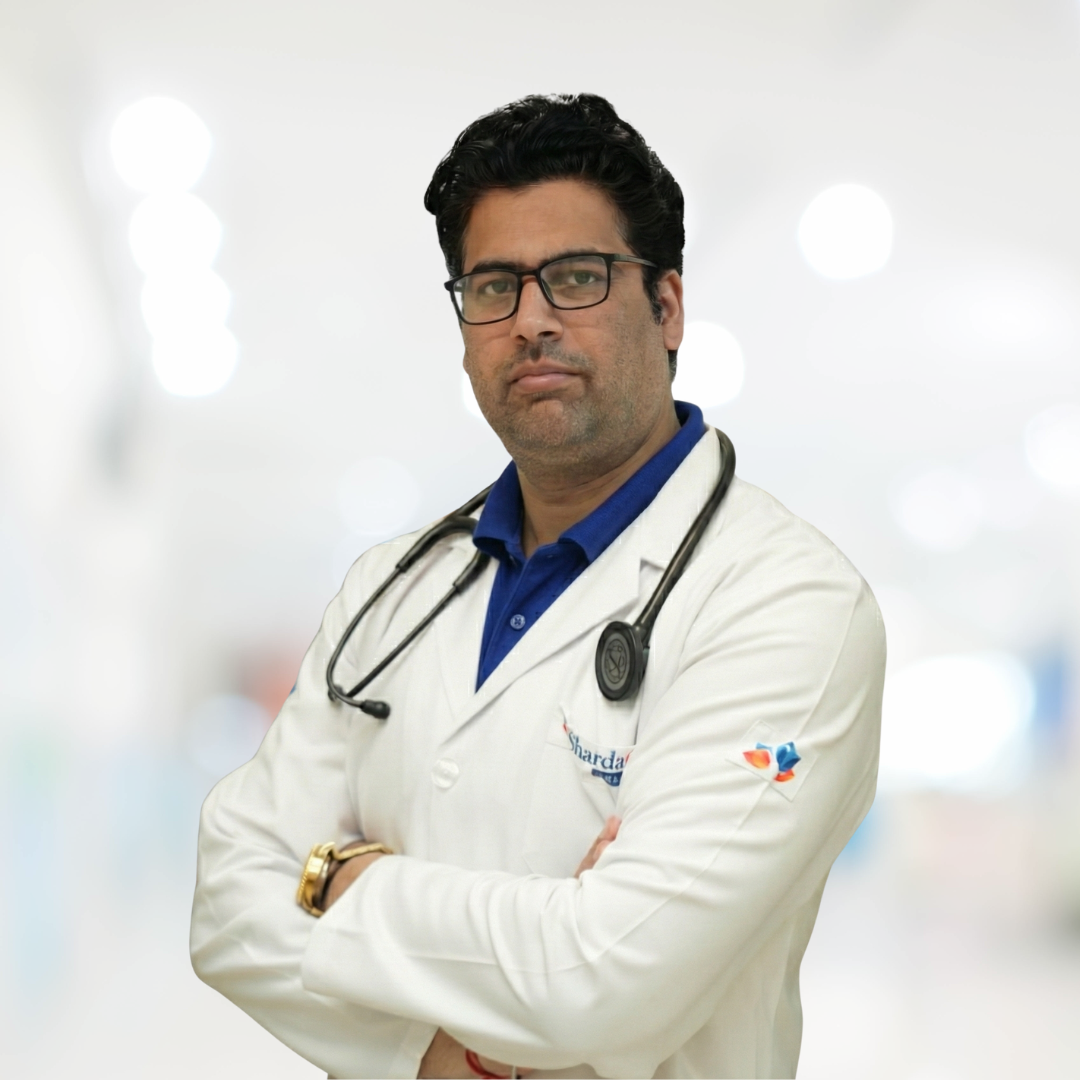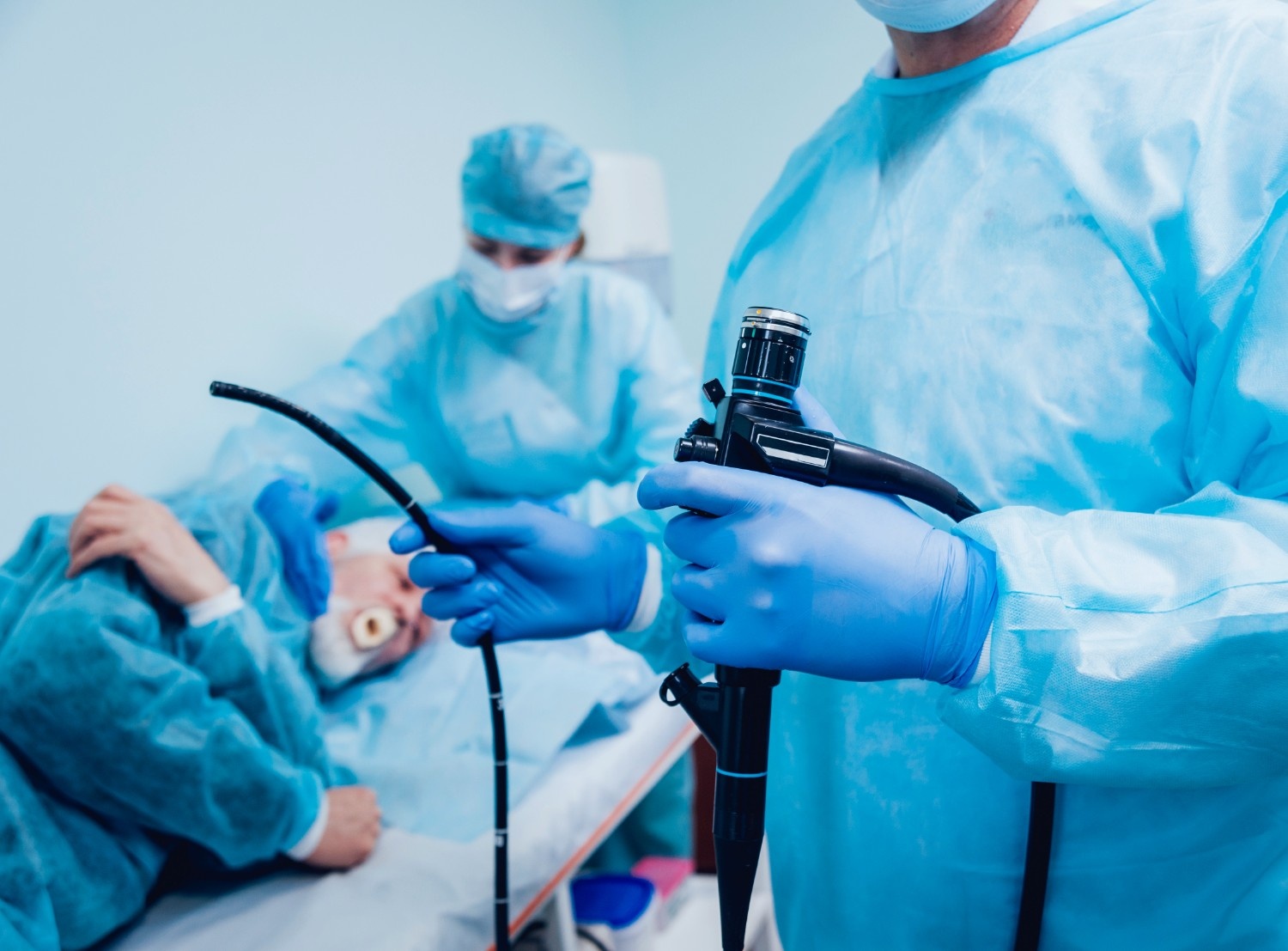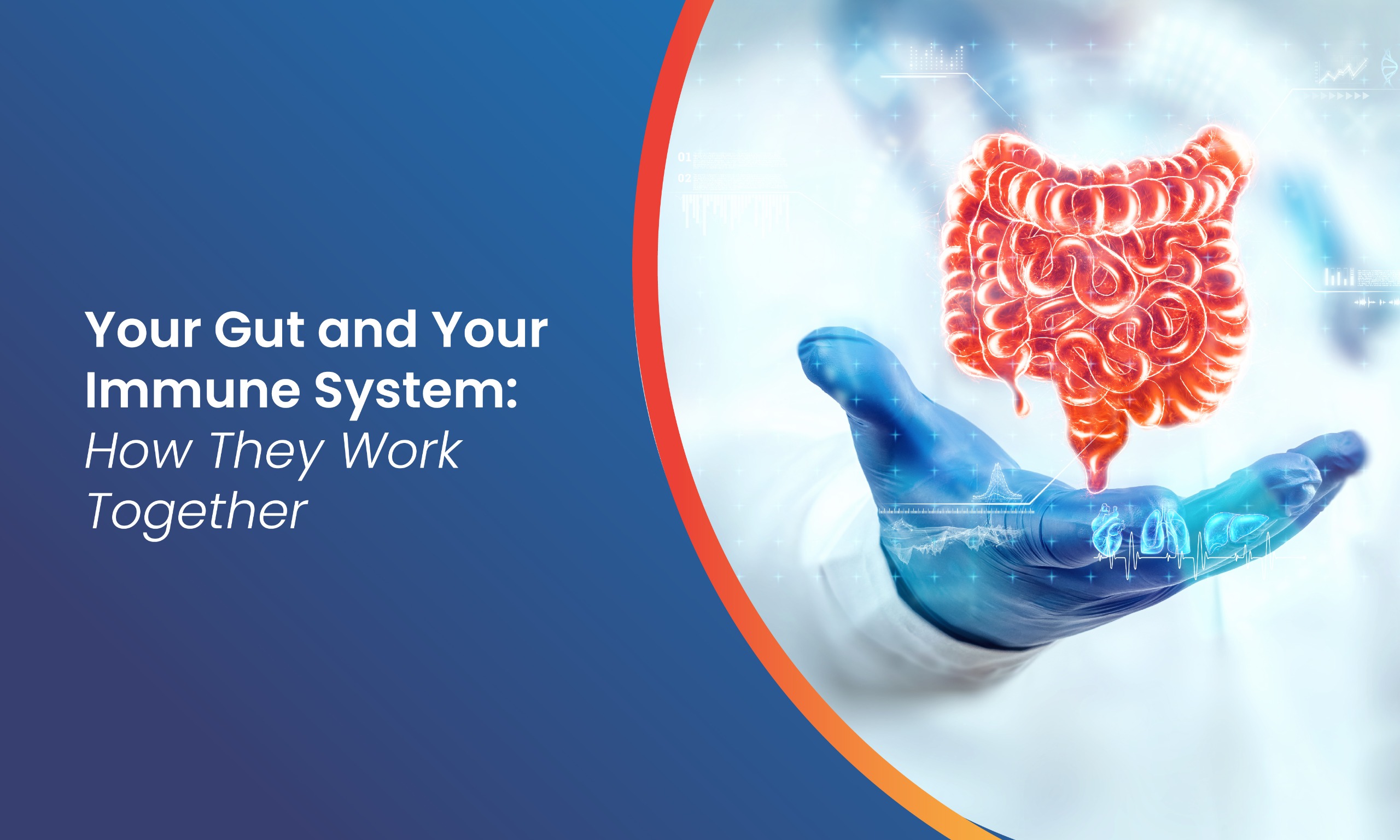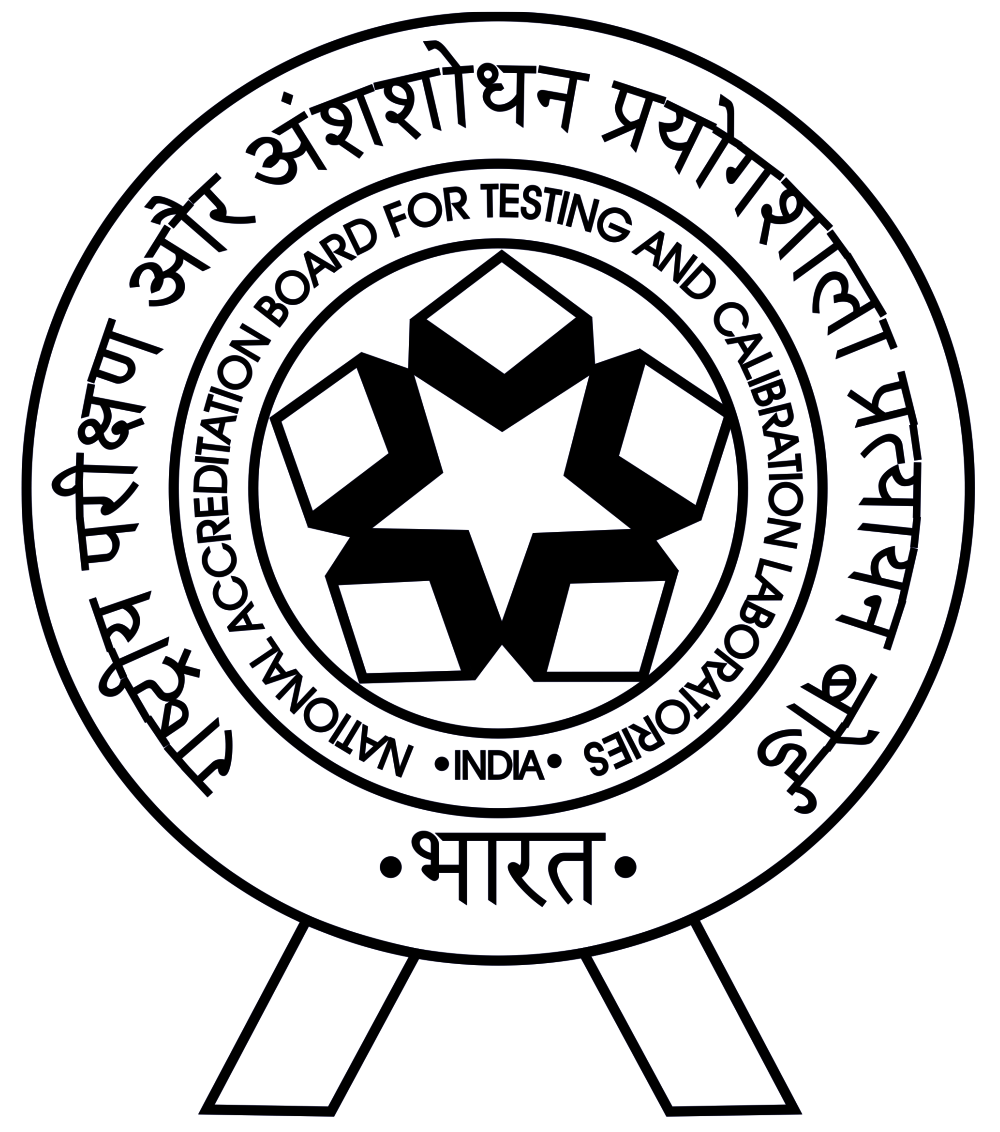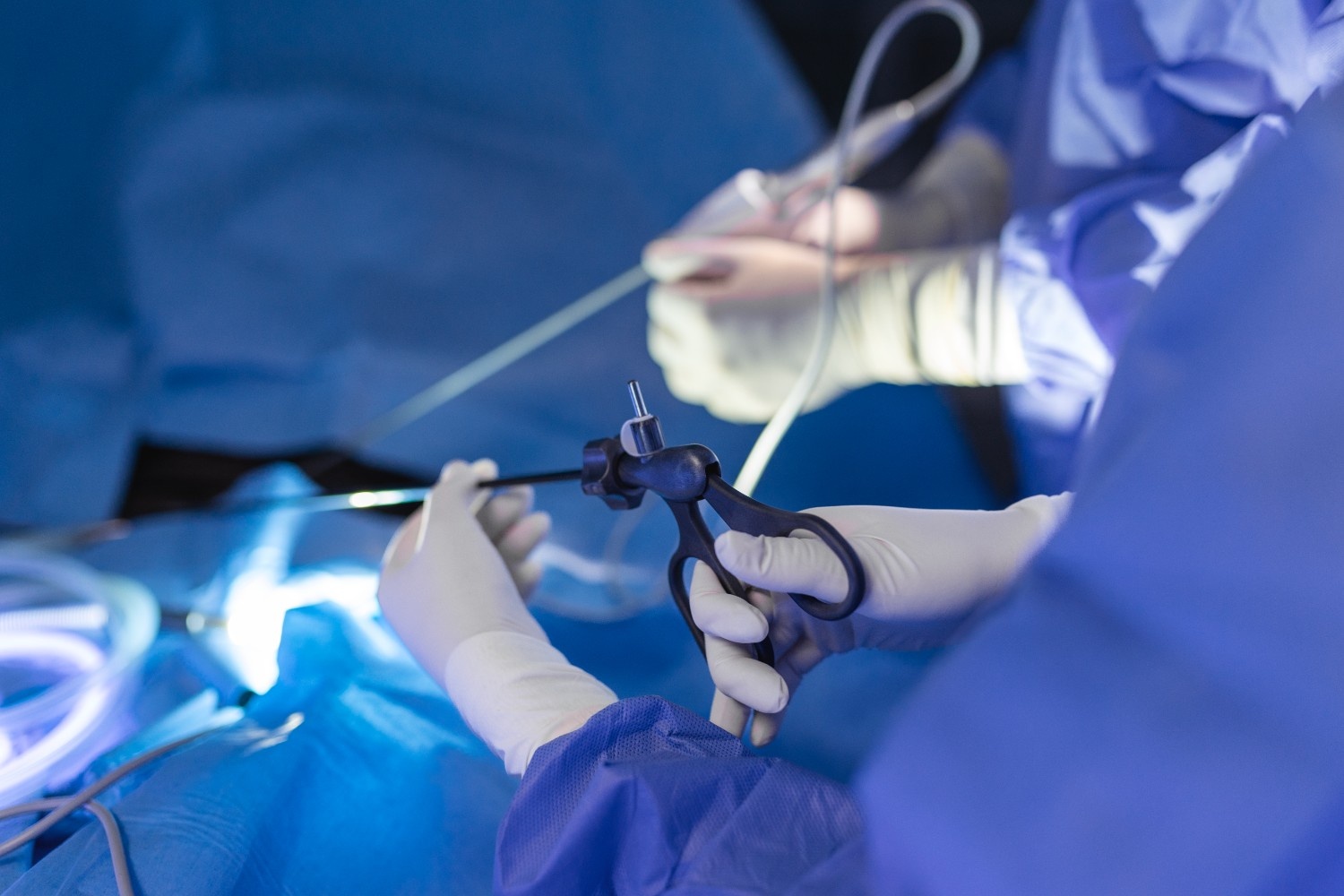
Laparoscopic Cholecystectomy (Gallbladder Removal Surgery) at ShardaCare – Healthcity
Laparoscopic Cholecystectomy is a minimally invasive surgical procedure aimed at removing the gallbladder through a series of small incisions on the abdomen instead of a single large one. The gallbladder, a small pouch located below the right side of the liver, plays a vital role in digestion by collecting and concentrating bile, a digestive fluid produced by the liver. This bile is then released from the gallbladder and transported to the small intestine via bile ducts, aiding digestion by breaking down fats.
Laparoscopic Cholecystectomy may be recommended if you have:
- Gallstones in the gallbladder (cholelithiasis)
- Gallstones in the bile duct (choledocholithiasis)
- Inflammation or swelling in the gallbladder (cholecystitis)
- Large gallbladder polyps
- Pancreatic inflammation due to gallstones (gallstone pancreatitis)
Looking for an Expert
ShardaCare - Healthcity is home to some of the eminent Doctors in the world.
Book an Appointment

